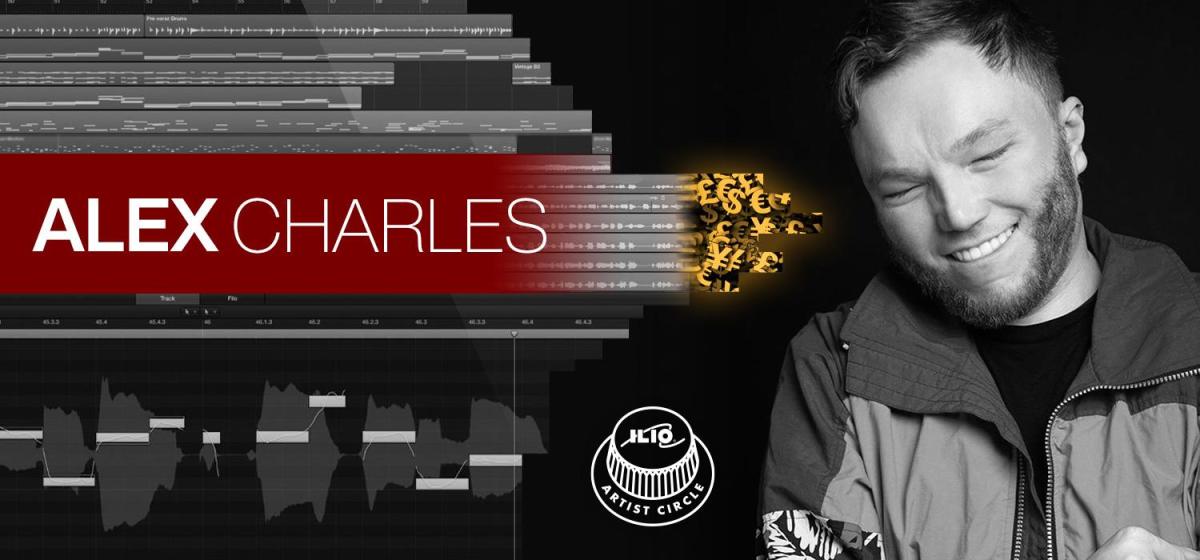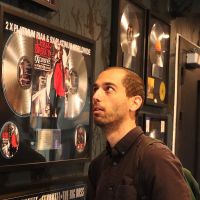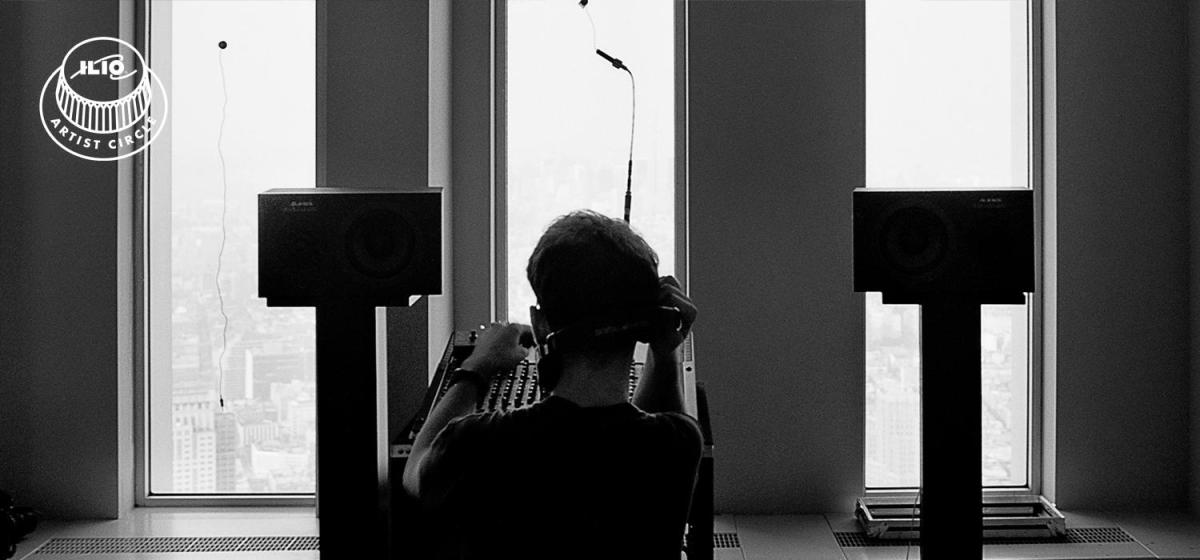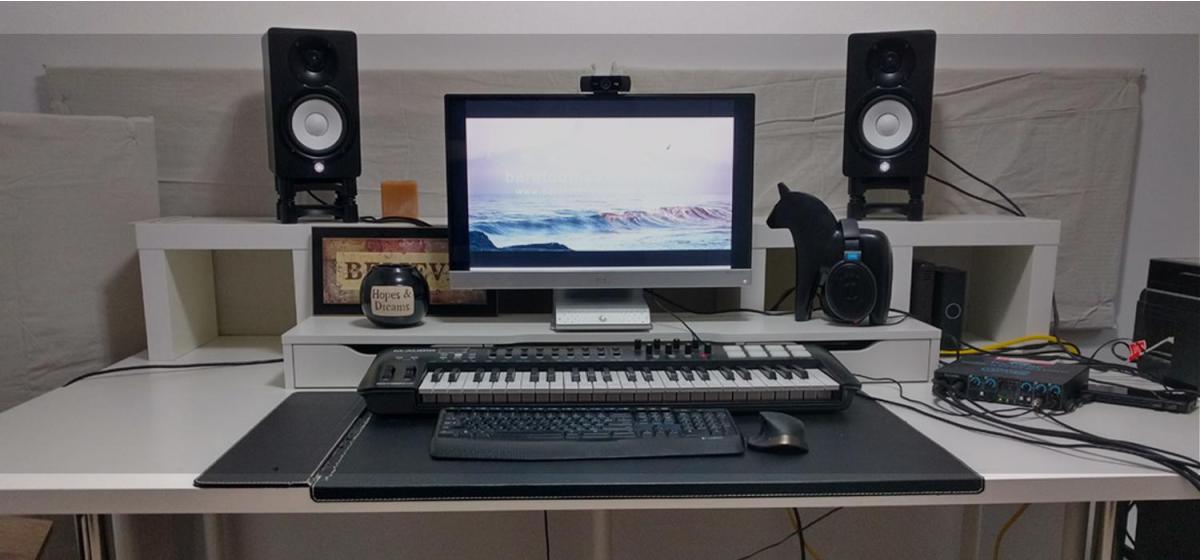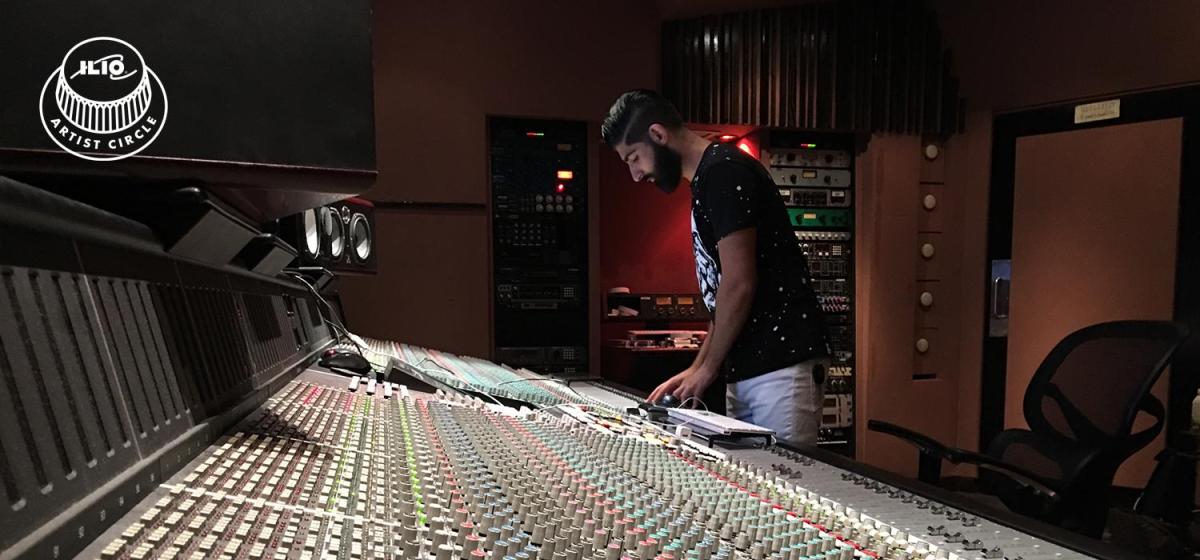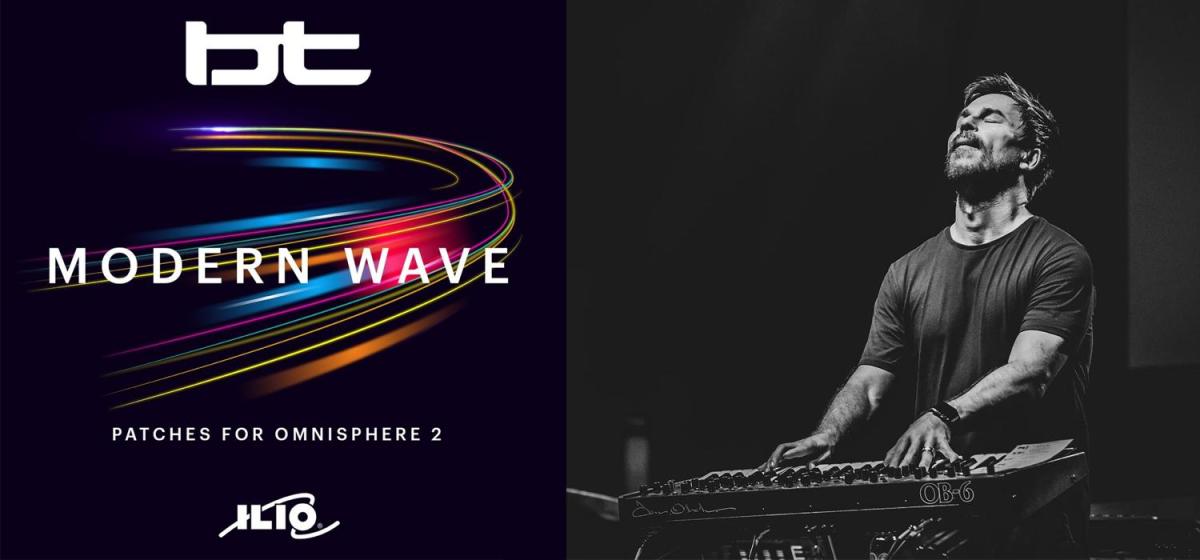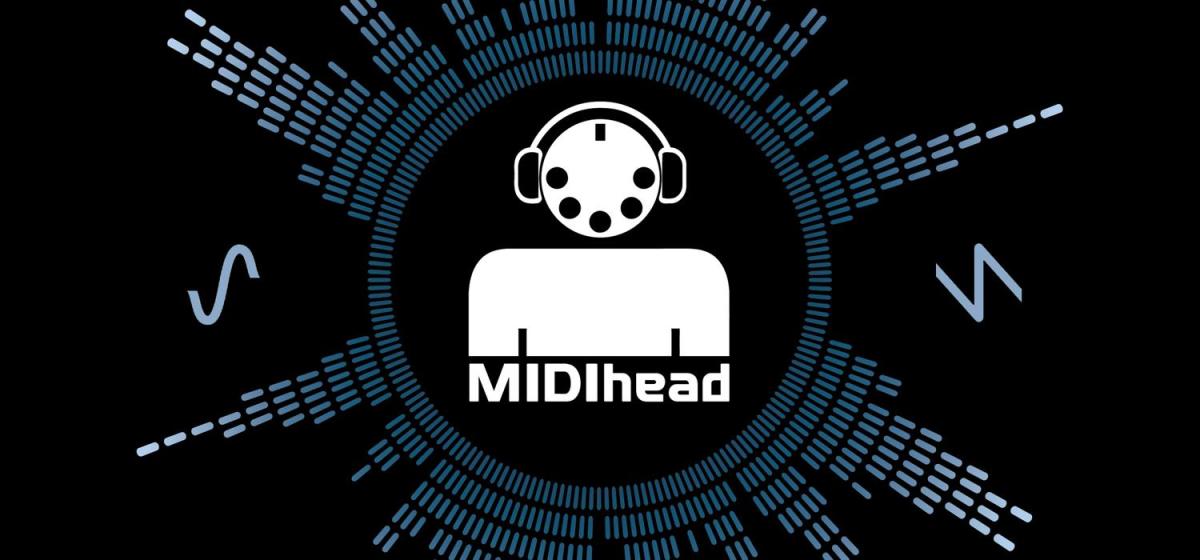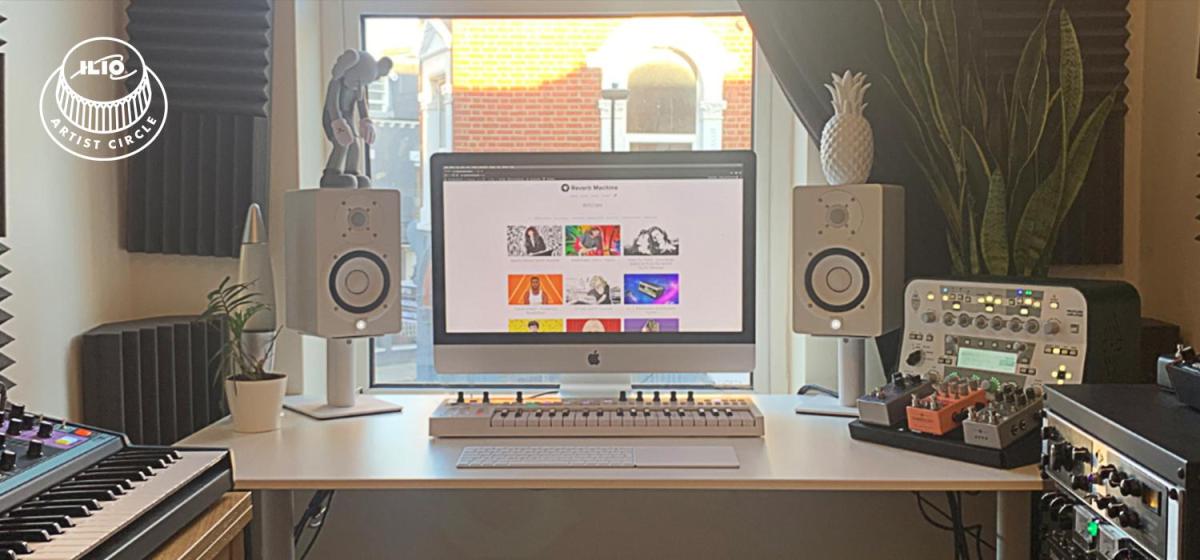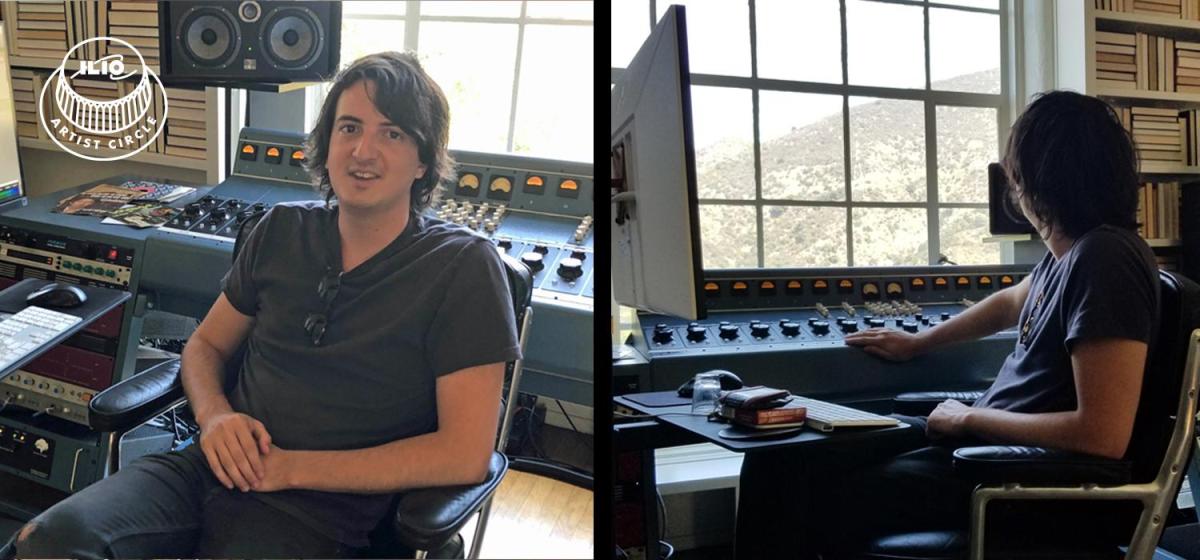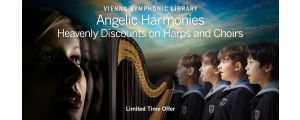Two Birds, One Stone — How to Create Income While Chasing Your Dreams
The pandemic has not been kind to many folks in the music industry, but I'm not sure LA based singer, saxophonist, and producer Alex Charles can relate. Since graduating from the prestigious Berklee College of Music with a degree in Writing and Production in 2014, he has gone on to write music for the Ellen Show and for multiple music libraries including Warner Brothers and Viacom.
As an artist, his music is infused with a soulful blend of electronic RnB and Pop, paying homage to some of his biggest influences including Miguel, Robin Thicke, Justin Timberlake, and Stevie Wonder. And when he's not hustling to make deadlines, he's working on his own music and collaborating with other artists—most recently, releasing the music video for ‘Plz U’.
What struck us immediately about Alex is his genius plan and vision to multi-thread. That is, work simultaneously on his personal music while generating income from his work with music libraries. This in turn, funds his personal projects—what efficiency!
We caught up with Alex virtually in his Van Nuys studio for a healthy conversation about being an artist in 2020 and how he utilized his time wisely to generate passive income.
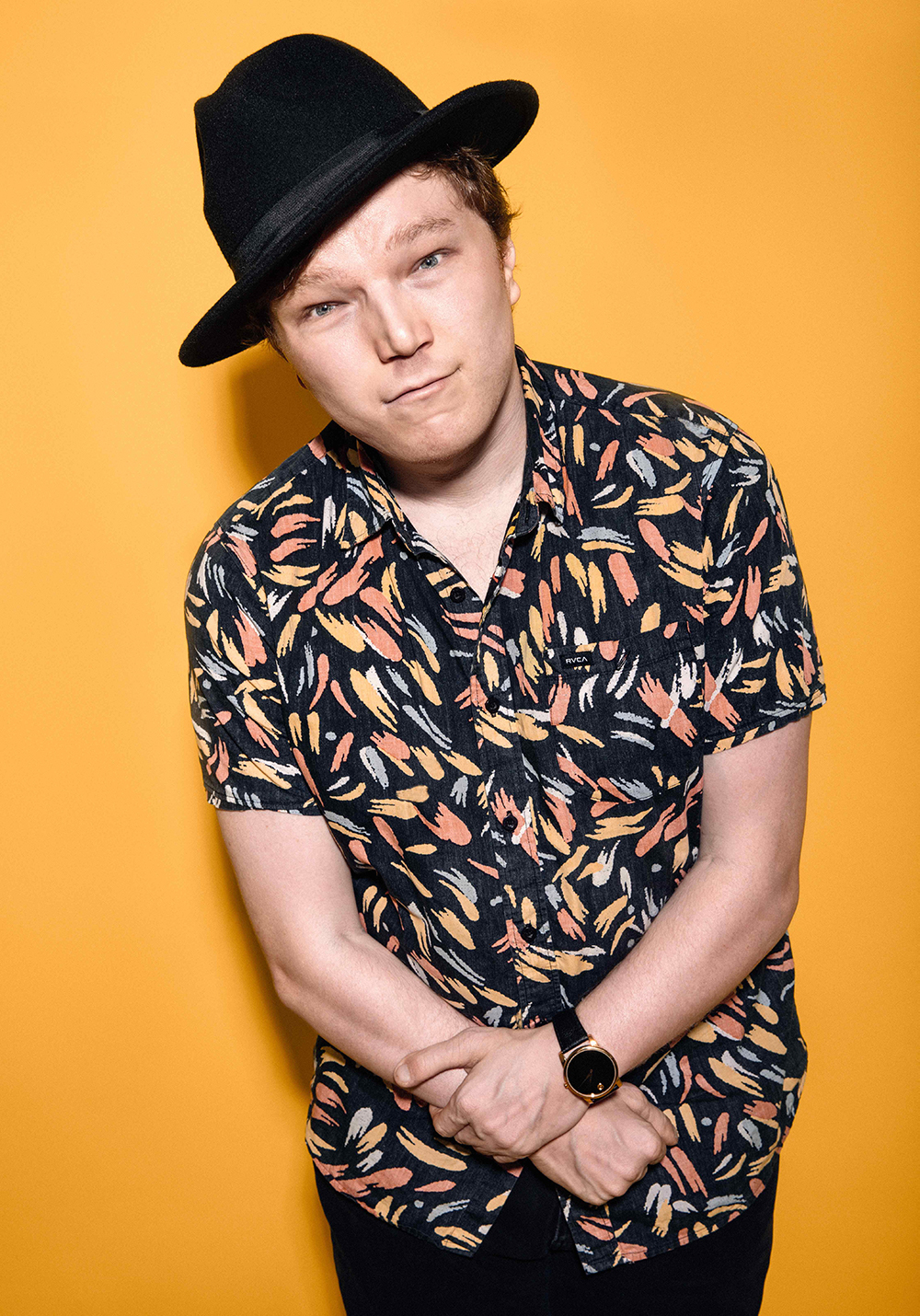
Alex has more or less thrived over the past year. He attributes this to ramping up production work—something he continues to be extremely grateful for.
“I'm a singer, performer and an artist, and I made a large portion of my income doing that before the pandemic. But when the pandemic hit, I doubled up on the production opportunities, working on tracks, using them for television, working on music for other artists, etc. I also make income with session work as a saxophone player. This past year, I've managed to meet a lot of really excellent people. Sometimes virtually, of course. It's been really, really fun.
“It's been a great growing opportunity for me also. I started getting into tennis and taking Spanish lessons! Despite the tragedy and the situation that we're in, it's been a year of a lot of growth.”
After graduating from Berklee College of Music in Boston, Alex made the trek out to LA where he’s spent the past five years building a name for himself. When asked about his decision to move to the City of Angels, aside from the weather, Alex had plenty of practical reasons to support his decision.
“Well, you know how it is with music—you only have a certain selection of different cities that you can choose from that have opportunities. The degree I have from Berklee College of Music is called CWP (contemporary writing and production). It's kind of like a combination of arranging and composition, songwriting, and production all bundled together. Being in that kind of world made me think that LA would be the best choice of cities for me to go to because you sort of have all the film industry, the TV industry, and then you also have the pop industry. Well, the majority of it, at least.”
The lines between artist/producer/musician are blurred now more than ever, and classifying oneself can be confusing for the average individual or even for people that are most close to you. Used to wearing many hats, Alex is no stranger to surprise when explaining what he does to friends, family, and fans alike.
“Honestly, they're kind of mystified by it, or they just don't think it's possible. It's very hard to make this (music) your living. For four years I would go through phases where I’d be doing well for a while, super happy, making money, and then I’d find myself in phases where I wouldn’t make any money and I’d think about doing something else. I've managed to squash that voice in my head to a degree, thankfully, but it took me years.”
“I like to think of it almost like a musical stock market. You never know which little stock is going to take off”
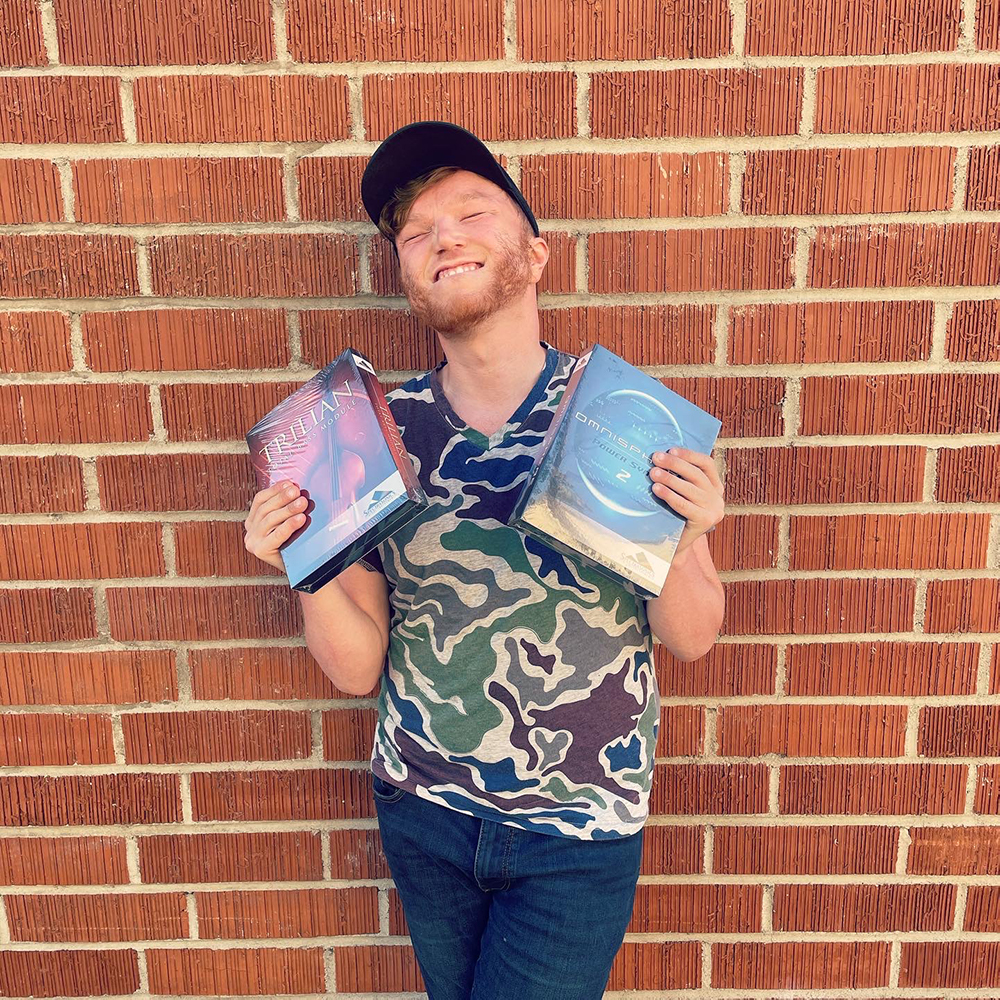
Diversifying your talents, something that we learned in our conversation with LA-based Narek Ambar, is essential for any musician looking to make a career in this industry. Of course Alex looks forward to his own music taking off, but putting food on the table is his first priority. His solution is to generate income by writing music for various music libraries, including dedicated libraries for Warner Brothers. He benefits two ways from this: A, it improves his skill set as a musician by writing diverse tracks, and B, it finances his life and personal music endeavors.
From his library partnerships, Alex’s songs and original music have been placed hundreds of times across major network television shows, such as The Ellen Degeneres Show, Temptation Island, and TMZ. Most of the time Alex isn’t even writing full songs.
“That's been like a really cool niche of the industry that I've been able to discover, where you create these little pieces of music called cues, basically one minute or a few minutes of music that stack up with various companies. They pay royalties and create passive income, I like to think of it almost like a musical stock market. You never know which little stock is going to take off. Some won't do anything at all, but the stakes are low and you never know where it'll go.
“I've been on about 20 to 25 different TV shows at this point, either using my voice or just background music, and it's sort of just something that I do on the side that will continue to grow while I'm working on my personal music. I still want the hit records. I still want the Grammys. It's just a really fun job and a great way to get better at what you do as a composer/producer while creating something that will hopefully grow for a long time.”
The philosophy that “less is more” does not apply here. Alex produces 10-15 tracks a month for library use, and over time he has learned the way the system works. The more tracks you have available the more chance you have that one is going to take off. It’s important to mention though, to not get too bogged down in producing sheer quantity without the proper research. Alex makes sure to study his royalty statements to learn which type of track is most likely to get placed.
“I look at one of my songs that I think might be my most sync’d song and base writing off of that. They're about a minute-and-a-half each, so it's nothing compared to a traditional full song.
“I work with two different libraries and they both have different advantages. With wages, working with a major company like Warner is great because they have ‘X’ amount of budget and they just pay you for ‘five tracks that sound like blank.’ That's the best situation.
“It's just a really fun job and a great way to get better at what you do as a composer/producer while creating something that will hopefully grow for a long time.”
“The other kind of library situation is equally cool, and involves writing directly for a show. The executive producers of the show want something that sounds like ‘blank’, so they ask me to make as much stuff as I feel like. They are directly sourcing the cues for their shows as opposed to something like Warner, who simply think they need a track for their library because they’re lacking in a certain space. When you're not paid upfront, it's all back end, which is how the vast majority of Libraries function.”
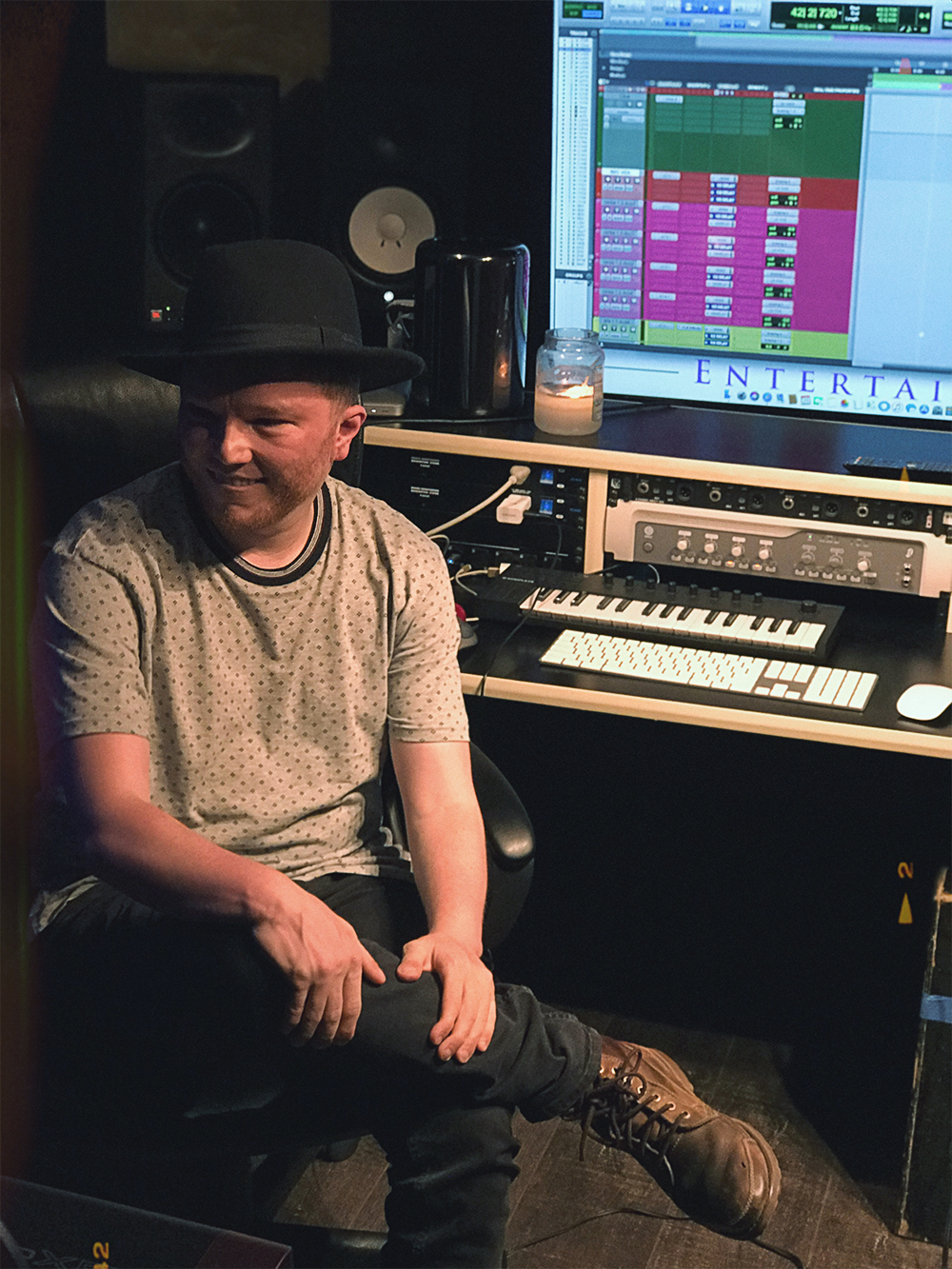
With a monthly output like Alex's, having virtual instruments that contribute to an efficient workflow is extremely important. For his personal music, Alex tends to favor more organic sounds, such as his primary instrument, the saxophone. On the other hand, most of what he produces in the TV world is electronic. In those situations, he opts for a variety of software synths and instruments, notably Omnisphere and Trilian from Spectrasonics.
“I am really excited to be part of the ILIO community. I use Spectrasonics’ Omnisphere and Trilian and had experience using them with other producers as well. They’re kind of like cheat codes. I've honestly never seen a better search engine than the one in Omnisphere. I mean, just being able to search by genre is massive. ‘Okay, here's a synth lead that fits into R&B.’ That is such a game-changer to be able to have that. Not to mention, there's also those patches where you just put one finger down and the whole thing is composed. That's it.
“I’m always looking to go more organic, but as far as the TV world goes, most of what I do is electronic. That’s what makes Omnisphere and Trilian so great."
“I also do a lot of different vocal production stuff. I use the varispeed function in Logic, recording the vocals in a session slower or faster, most of the time slower, and then I speed it up. So it gives the vocals a classic R&B/Hip Hop vibe. In my newest song ‘Plz U’ I use the varispeed trick a ton. It’s really cool, If I do say so myself because It’s like, ‘is there a featured female artist on the song?’ No one’s going to know that's me! I did this song with a very, very talented producer named Benzo Lombardo.”
As for any tips for musicians looking to make it in the industry, Alex offers some great, practical advice.
“The biggest thing is having faith. If you can find faith you can find discipline.”
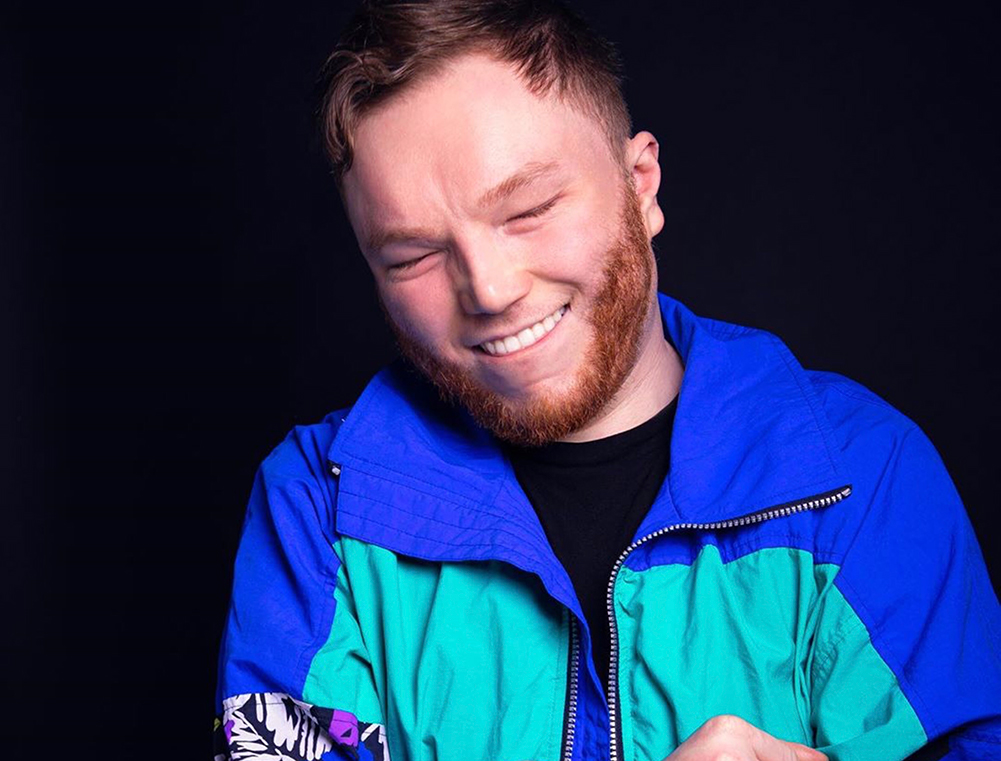
“I would say to keep learning, trust the process. I'm not some big shot or anything, but I always emphasize education and marketing all the time. Both are very important. Also, it’s equally or even more important how you market yourself and how you communicate with others. If you can do these things well, to some degree it doesn't even matter how good you are. The biggest thing is having faith. If you can find faith you can find discipline.”
Speaking with Alex, it's clear he has an incredibly positive outlook on his career and what’s to come in the music industry. Despite the enormous burden that the pandemic has had on the world, and especially on those who depend on the arts to make a living, creative individuals will always find a way to thrive with limited resources. Alex surely has!
Learn more about Alex Charles at www.alexcharlesmusic.com

